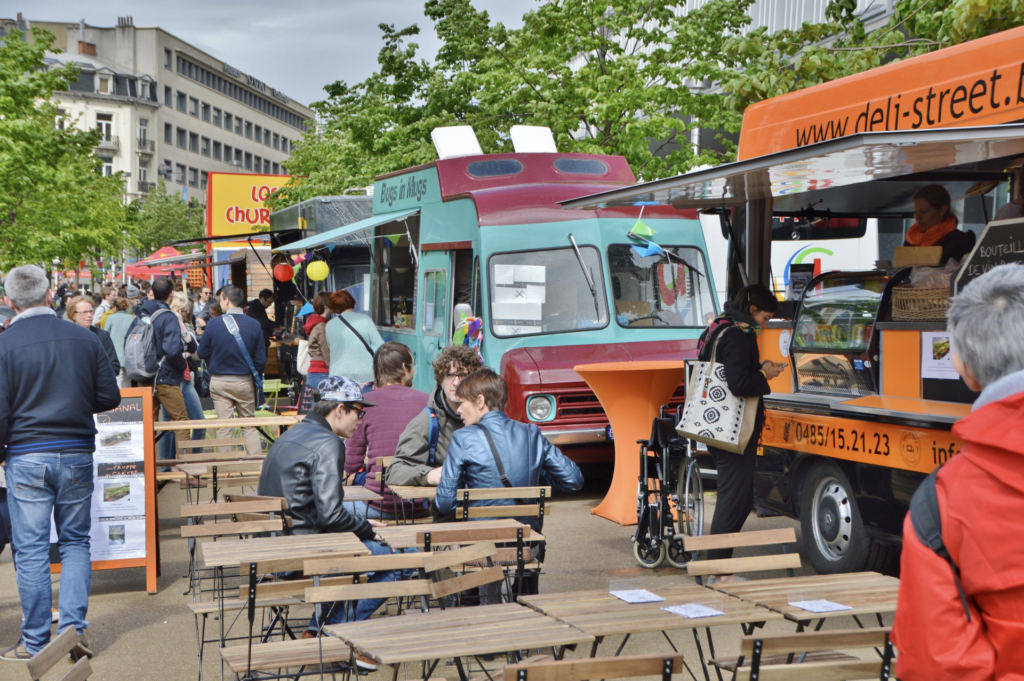With their "hippie chic" image, food trucks were all the rage a decade ago. Yet today, they are gradually deserting our streets. Entrepreneurs are more and more cautious to adopt the "van life" as part of a new business venture and few food trucks are now found on Brussels streets.
The most likely places to find them now are festival sites and private events. And though some still relish the opportunity that food trucks present for bringing their cuisine straight to the public, the number of food trucks is dwindling.
Though there is a lack of solid data to highlight the departure, President of the Federation of Food Trucks Fabrice Willot affirms that the craze of a few years ago is waning: "We are certain that the number of food trucks has decreased, despite it being hard to know how many are actually in operation as they don’t all have to be members."
Related News
- Belgium's robot waiter draws guests from near and far
- Brussels neighbourhood mourns death of Chez Léon owner
“Before the Covid crisis, we already had a dropout rate of 56% in the first 12 months of activity. In 2019, the number of food trucks was 850 in Belgium. According to our estimates, today there are fewer than 600."
The disappearance appears to be most pronounced in cities, where takeaway services are much better established than in suburban areas. While competition has undoubtedly contributed to the reduction of food trucks, it is not the only factor. "Often people think running a food truck is easy. Some even say that it is easier than opening a restaurant. It's not true.”

The 2016 Brussels Food Truck Festival.
Willot points to the lack of foresight and long-term planning of some food truckers. "Often, those who get started see only the tip of the iceberg. They tell themselves that it is enough to buy a truck and sell 100 burgers by noon to earn €500. In reality, it doesn't happen that way. You have to think about a lot of things to be profitable. Buying reasonable quantities and in season is essential. And throwing away food is a good way to lose money.”
The legislation is also complex. "Food trucks are subject to three different VAT rates. It's important to know at what VAT rate the person is allowed to sell. Sometimes I come across experienced salespeople who still make mistakes on this. This means they risk a fine.”
Willot encourages anyone thinking of starting a food truck business to do their research first. "It's not enough to just look online, the rules vary hugely depending on where you are.”
To avoid going wrong, there are several training courses in Belgium to educate those wanting to take the plunge and start a food truck enterprise.
And though the number of food trucks is decreasing, demand has not. "Every week, someone calls me begging me to find him a food truck for the weekend," says Fabrice Willot.

